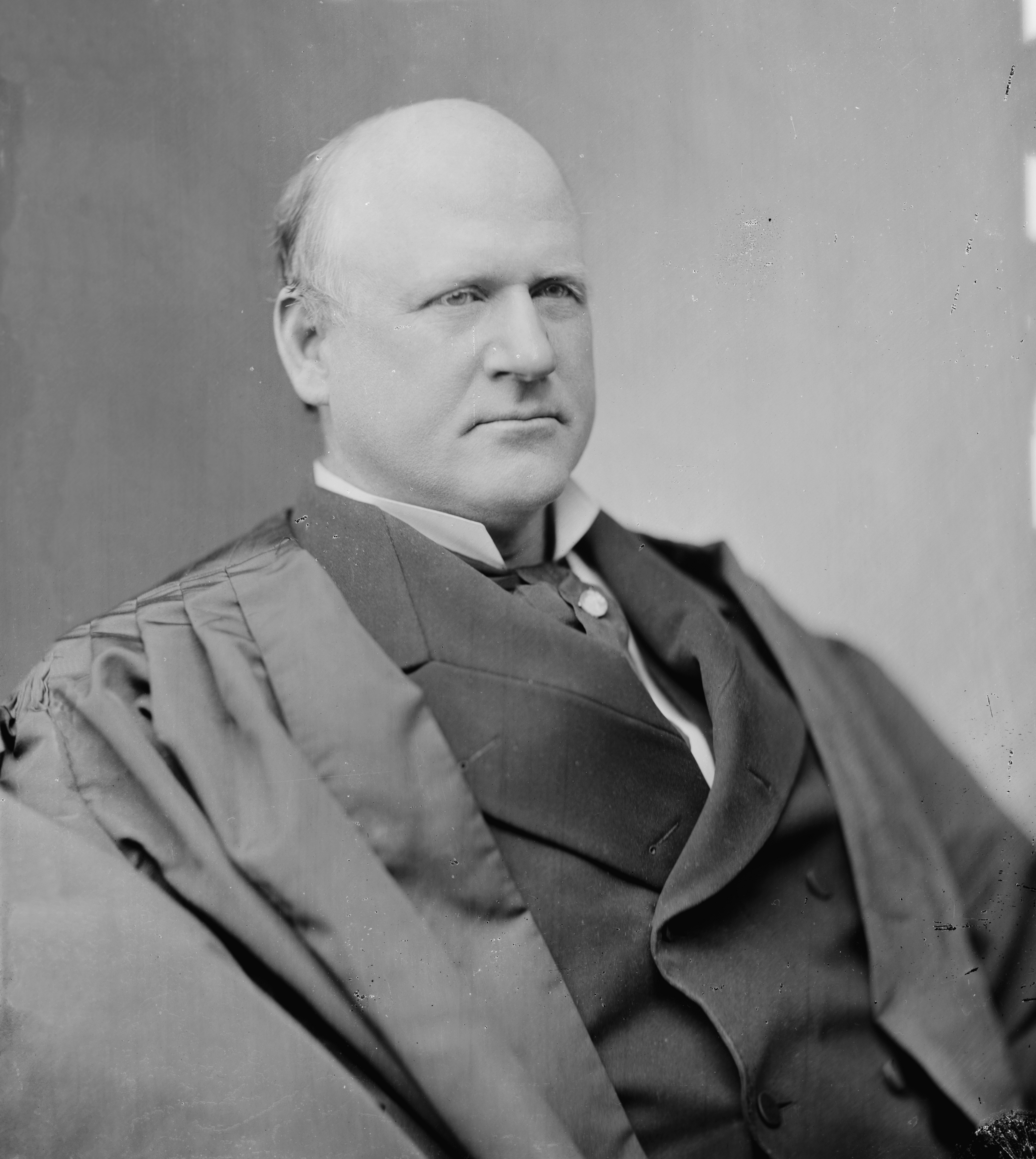1890s, Plessy v. Ferguson (1896)
Context: If evils will result from the commingling of the two races upon public highways established for the benefit of all, they will be infinitely less than those that will surely come from state legislation regulating the enjoyment of civil rights upon the basis of race. We boast of the freedom enjoyed by our people above all other peoples. But it is difficult to reconcile that boast with a state of the law which, practically, puts the brand of servitude and degradation upon a large class of our fellow-citizens, our equals before the law. The thin disguise of "equal" accommodations for passengers in railroad coaches will not mislead anyone, nor atone for the wrong this day done.
Famous John Marshall Harlan Quotes
1890s, Plessy v. Ferguson (1896)
Context: A State cannot, consistently with the Constitution of the United States, prevent white and black citizens, having the required qualifications for jury service, from sitting in the same jury box, it is now solemnly held that a State may prohibit white and black citizens from sitting in the same passenger coach on a public highway, or may require that they be separated by a 'partition', when in the same passenger coach. May it not now be reasonably expected that astute men of the dominant race, who affect to be disturbed at the possibility that the integrity of the white race may be corrupted, or that its supremacy will be imperiled, by contact on public highways with black people, will endeavor to procure statutes requiring white and black jurors to be separated in the jury box by a 'partition', and that, upon retiring from the courtroom to consult as to their verdict, such partition, if it be a moveable one, shall be taken to their consultation room and set up in such way as to prevent black jurors from coming too close to their brother jurors of the white race. If the 'partition' used in the courtroom happens to be stationary, provision could be made for screens with openings through which jurors of the two races could confer as to their verdict without coming into personal contact with each other. I cannot see but that, according to the principles this day announced, such state legislation, although conceived in hostility to, and enacted for the purpose of humiliating, citizens of the United States of a particular race, would be held to be consistent with the Constitution.
1890s, Plessy v. Ferguson (1896)
Context: In view of the constitution, in the eye of the law, there is in this country no superior, dominant, ruling class of citizens. There is no caste here. Our Constitution is color-blind, and neither knows nor tolerates classes among citizens. In respect of civil rights, all citizens are equal before the law. The humblest is the peer of the most powerful. The law regards man as man, and takes no account of his surroundings or of his color when his civil rights as guaranteed by the supreme law of the land are involved.
1890s, Plessy v. Ferguson (1896)
1880s, New Orleans Gas Co. v. Louisiana Light Co. (1885)
1890s, Plessy v. Ferguson (1896)
We boast of the freedom enjoyed by our people above all other peoples. But it is difficult to reconcile that boast with a state of the law which, practically, puts the brand of servitude and degradation upon a large class of our fellow-citizens, our equals before the law. The thin disguise of "equal" accommodations for passengers in railroad coaches will not mislead anyone, nor atone for the wrong this day done.
1890s, Plessy v. Ferguson (1896)
